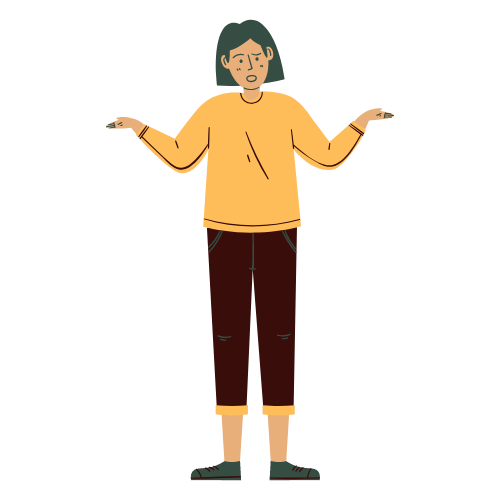Separating Fact from Fiction
Do you know what’s allowed and what isn’t, in relation to water?
Are sewage companies allowed to spill sewage into waterways?
They have permits in which they operate and consent limits with regards to the quality of final effluent (treated sewage).
They have to ask for consent/permission to spill untreated raw sewage during periods of ‘heavy rainfall, prolonged rainfall or melting snow’.
When are spills not permitted?
Early spill – this is when it is raining and the spill happens before it should. For example, their storm tanks are not full and the untreated raw sewage spills from the inlet works into what is known as the 6x channel which goes to the waterbody.
Dry spill – a dry spill is when untreated raw sewage is discharged into a water body when it is not raining or snowing. This can be due to blockages (i.e. wet wipes, sanitary towels, rags) blocking equipment which causes the inlet levels to rise once again the 6x channel will be used putting raw sewage into the waterway. Dry spills are the worst form of spill as there is nothing to dilute the raw sewage and therefore, causes a domino of harmful effects to wildlife, ecology and marine life.
Are there any other circumstances when spills occur and are they legal?
There are many possible causes of sewage discharges or spills as they are called.



a question here
If you have a question that is not answered, fill out the form below and we’ll respond.
Alternatively, email your question into info@myh2o.co.uk.